EnviroSustain is 20! Interview with our Founders, Birgit and Frank
EnviroSustain (ES) was founded by Dr Birgit Memminger-Rieve (an environmental engineer) and Frank Burchardi (a geologist), to try and help solve one of the most urgent problems facing our planet: unsustainable and energy-intensive buildings.
Now, 20 years on, the business has grown into a busy and thriving consultancy and the landscape of real estate and sustainability has changed dramatically.
We spoke to them about their experiences and hopes for the coming years.
Q1. Why did you start EnviroSustain?
BM-R: I studied Environmental Engineering and have a great passion for the environment which just keeps growing. Buildings account for around 40% of global carbon emissions and what was clear to me is that they are the key to making both people and the planet happy and healthier. I really believe that there is a solution to every problem, in that way I am a typical engineer, so my solution was ES and our vision “Healthy, sustainable space. For everyone.”
FB: Well, I had studied as a geologist and my previous role was with an engineering consultant working on contaminated site investigation and clean-up. I had met Birgit as she finished her PhD and we both had a shared passion for the planet and making it a cleaner, safer place.
When we began, we were mainly working on soil and groundwater clean-up operations, and also conducted environmental risk assessments for real estate assets. From there, we began assessing the structural and technical qualities of commercial buildings and it really grew from there.
Q2. Birgit, as a female business leader, were there things you wanted to do differently when you founded the company?
BM-R: Yes, definitely. Things have been changing in business world, especially in the last two years with the COVID pandemic, but back in 2001, things were much different. I was very clear from the start that I wanted ES to be an inclusive and flexible workplace and above all, to ensure the wellbeing of our staff.
As a working mother myself, who also happens to be a business leader, it was important to me to create a culture of accountability, where the staff knew that they are trusted to deliver their work in an autonomous way. We allow the team the flexibility to work around their life, and measure performance not based on the hours we see them in the office, but in the outputs of their work.
We allow staff to work from the location and the hours that suit them. That may be a typical 9-5 office-based day, or it might be from home in the hours that fit around childcare. The future of work really should be inclusive for all kinds of lifestyles, and that is how we build the best possible team.
Q3. What is your proudest achievement of the past 20 years?
BM-R: For me, it’s the business we have built. We started with just us two until 2005, and now have a great team of experts who truly share our vision and passion for buildings and tackling the climate crisis in a tangible way. It has never been more evident than in the last 18 months, with all of the struggles through the pandemic, the team has continued to stay positive and deliver on our goals. I don’t think that would have been possible without the people that we have.
FB: Our clients and the partnerships we have formed have also been great contributors since we started. Some of those clients have been with us since the beginning and we are proud to see them now developing their decarbonisation strategies and creating new pathways to Net Zero. Partnerships we have formed with other organisations such as USGBC, GBCI and GRESB have allowed us to share in the wider mission to create lasting change in the built environment.
Q4. What is the biggest change you have seen in that time?
BM-R: The shift in awareness has been huge in the last 20 years. No more are the days where companies have never heard of sustainability or considered their impact, so many more people are now environmentally conscious and you can see that reflected in the industry. In Germany, the past few years have seen somewhat of an awakening to the environmental, social and governance (ESG) aspects. Not just because of policy and regulation but as a direct influence of users and occupiers of buildings wanting to live, work exist in healthy spaces.
The ES team attended the global climate strike with Fridays 4 Future in 2019 and this year, and it really is inspirational to see the younger generation fighting for this planet and for climate justice. I don’t think we would have seen that 20 years ago on such a large scale. The wider population is demanding a change, and we have to deliver.
Q5. What are your hopes for the next 20 years?
FB: We want to ensure that the work we do has a real and meaningful impact. From a business point of view, that looks like supporting more clients through their journey to Net Zero and hopefully beyond that to see Net Positive buildings and a circular economy. The political and regulatory landscape is likely to change significantly as we try to reach that target by 2050 and we want to be in the position to support along the way.
BM-R: If we are talking of my dream, then it would be for a solution to the climate crisis and a population that supports the planet by giving back more than we take.
Realistically, I would like to see a complete shift towards buildings that are designed, constructed and operated to have a positive impact on the environment. Our aim at ES is to support and educate the industry along this journey. We will continue to build a team that is passionate and dedicated to our vision and to have a positive impact as a business ourselves.
We would like to take this opportunity to thank everyone who has been with us along the way – current and former employees, clients, partners and others who have made this last 20 years possible. It’s exciting to think what the next 20 years could hold if we all continue to work together.


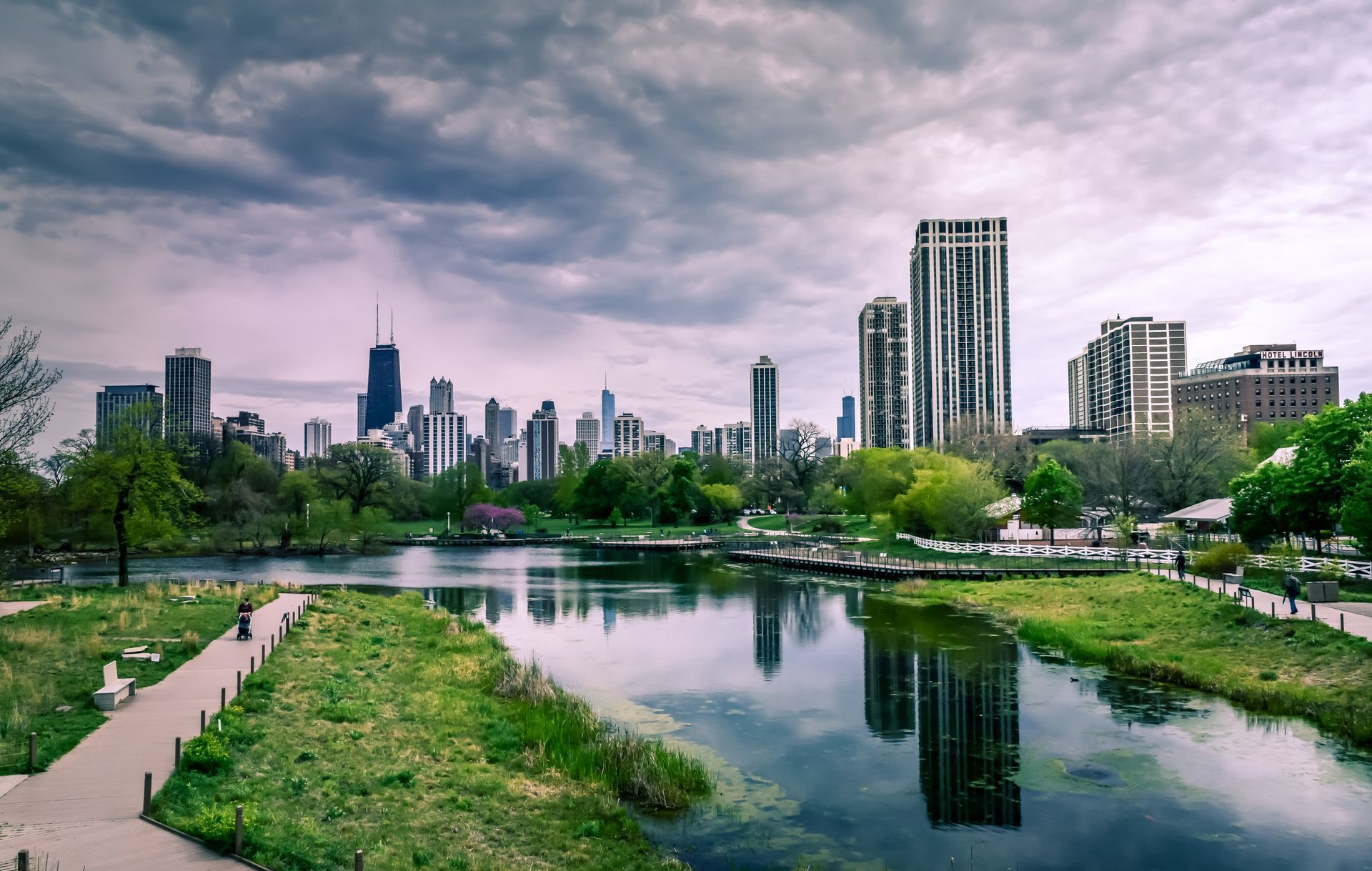
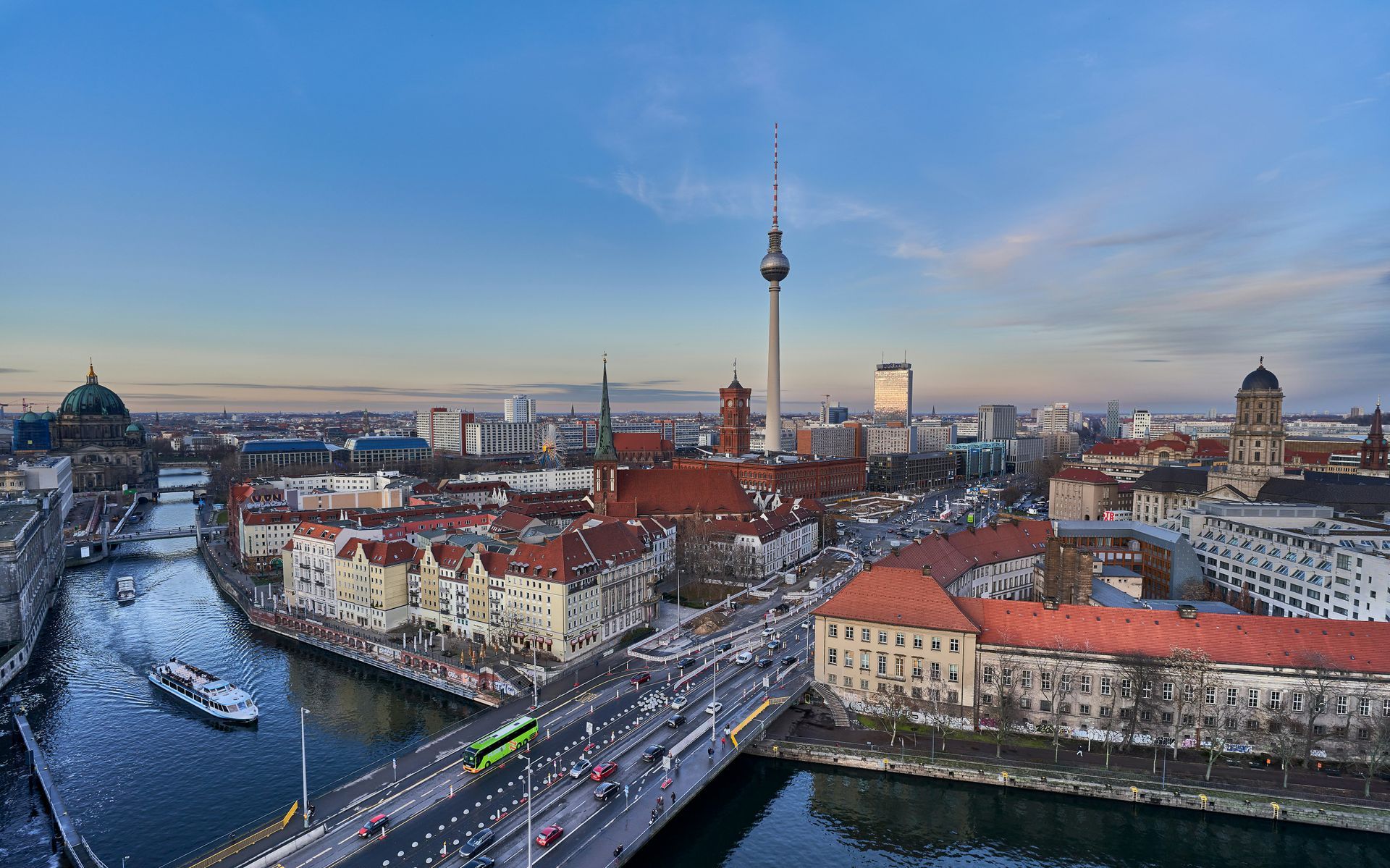

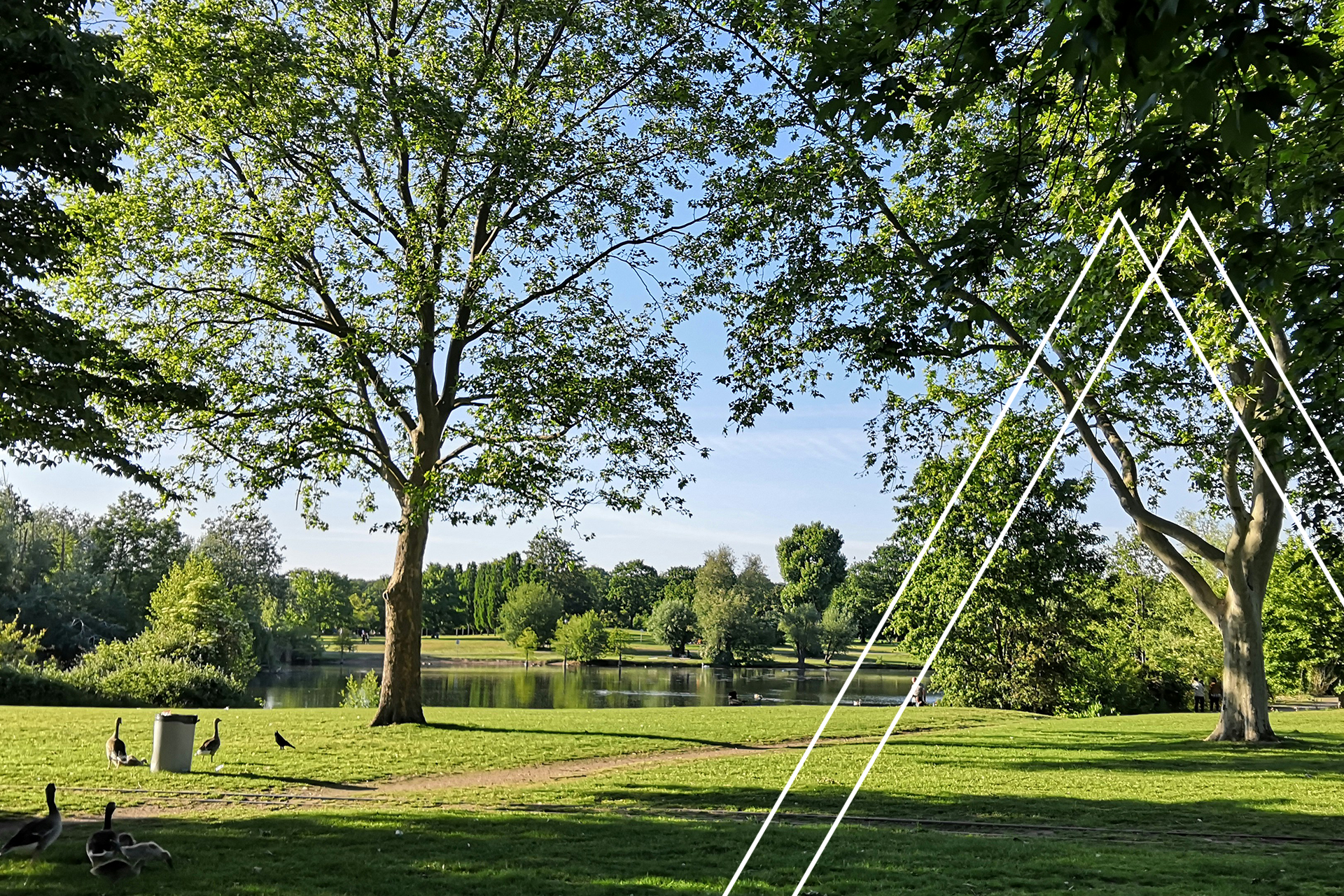
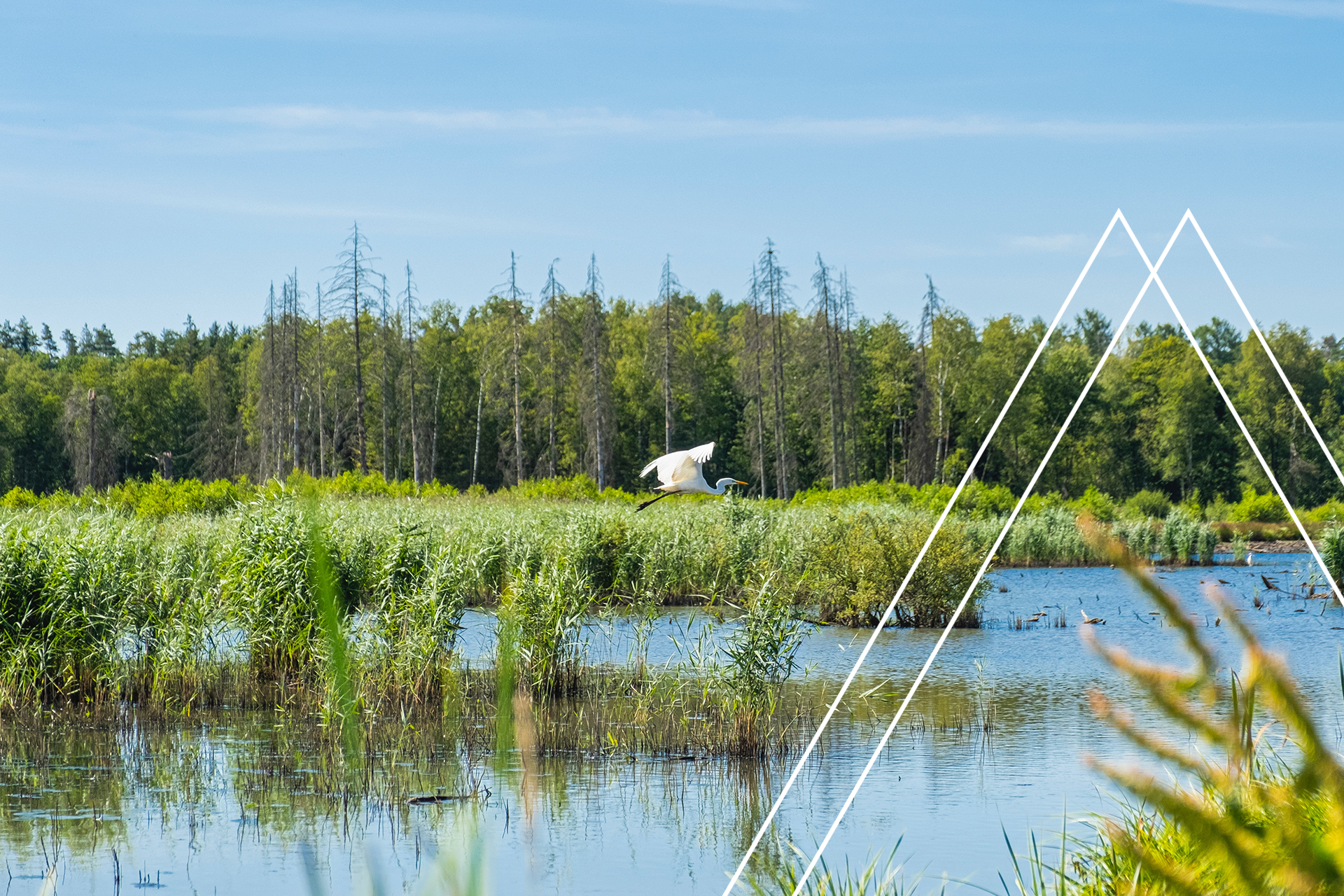
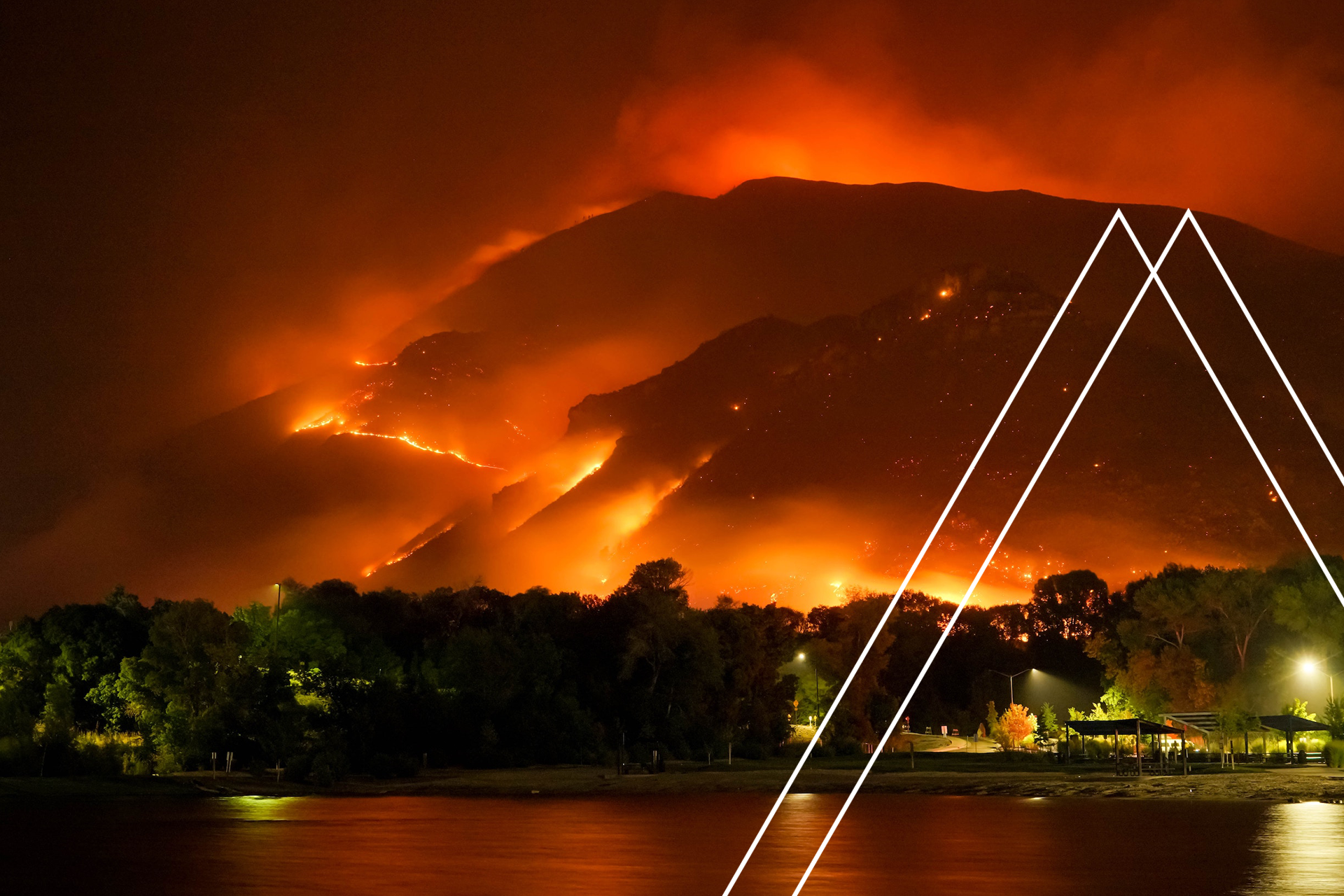
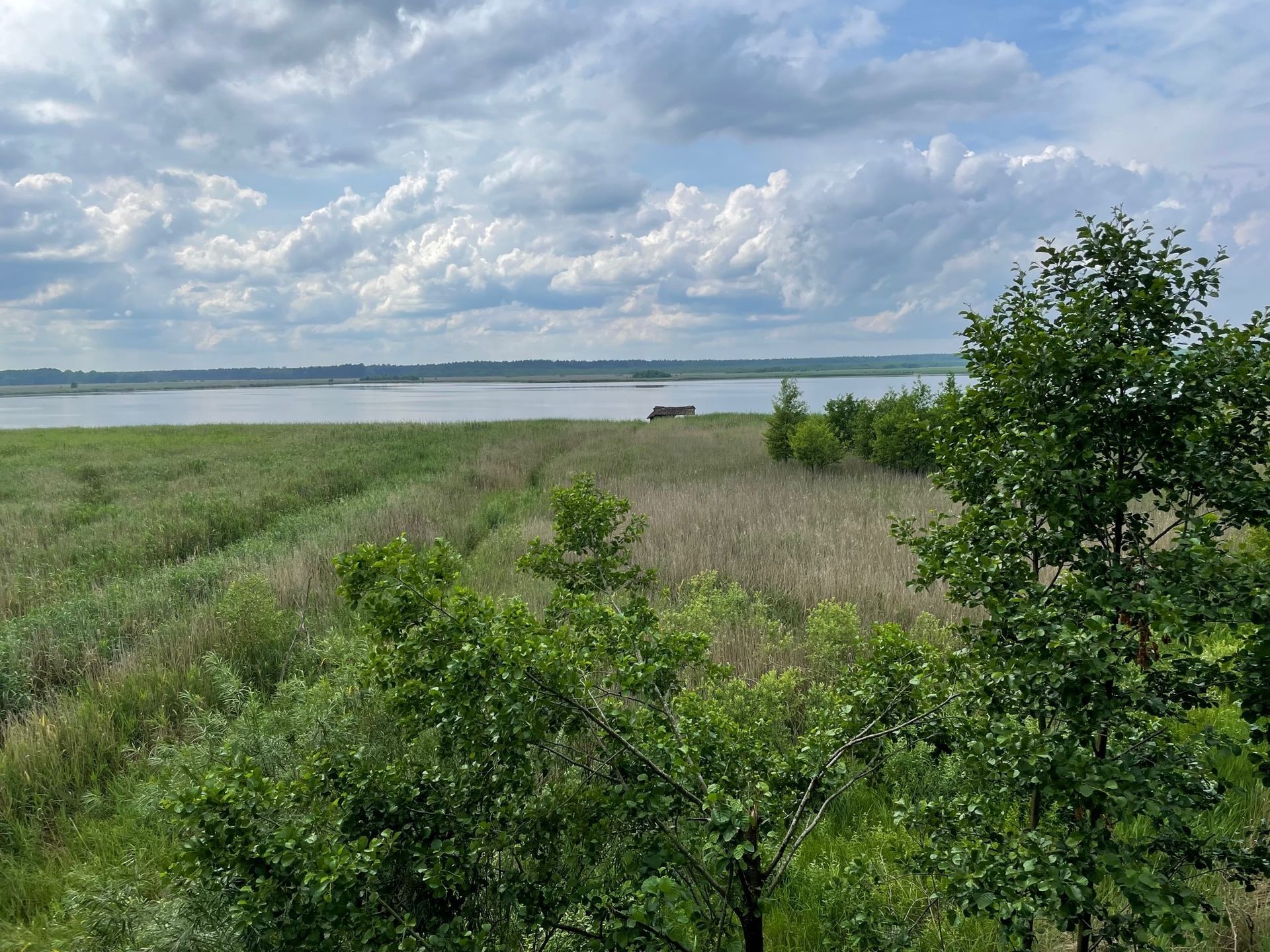
Head Office, Berlin,
Neue Grünstraße 17 | 18 Hof 1 | TRH 3
10179 Berlin
© ES EnviroSustain GmbH 2021




